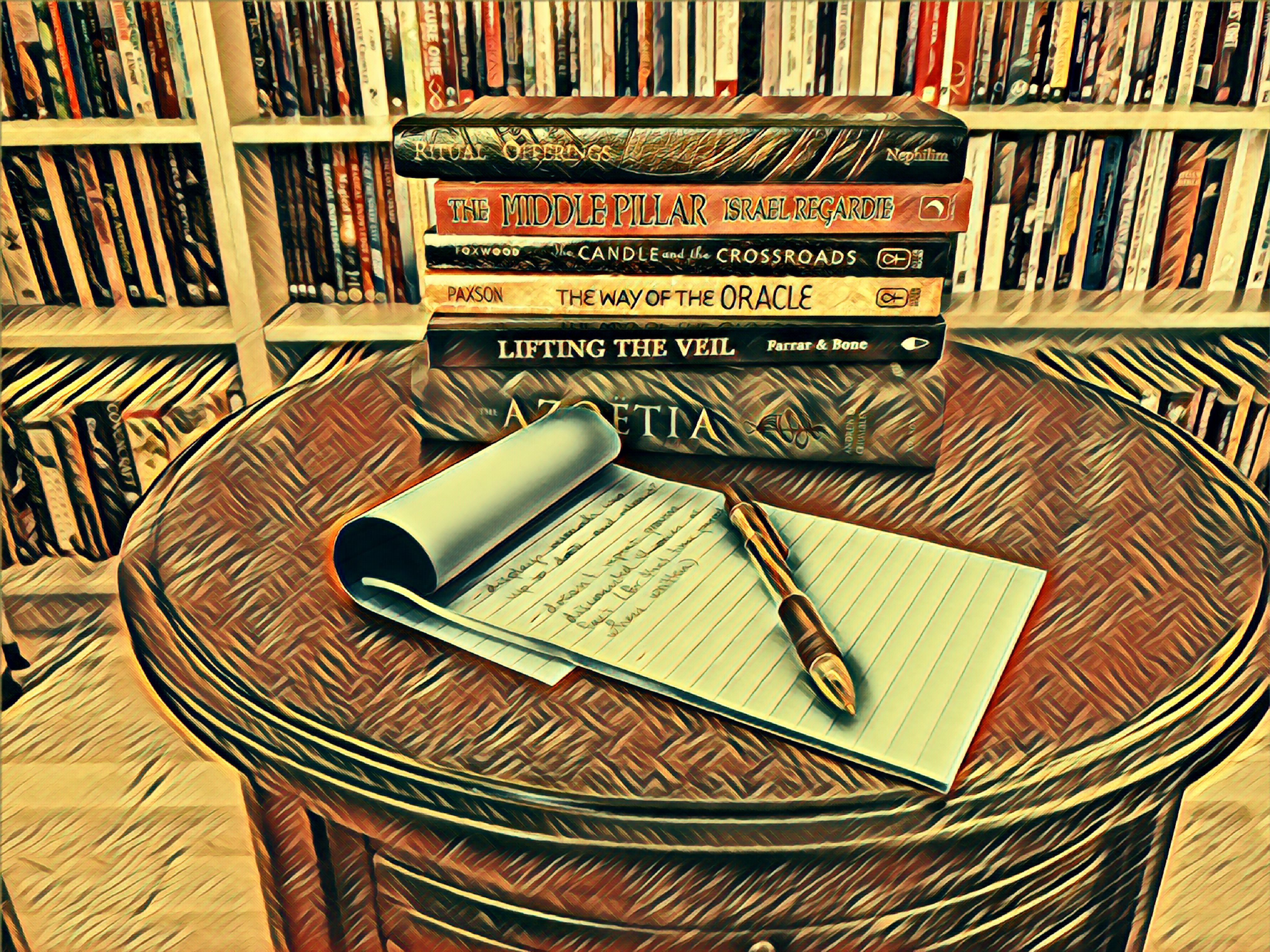 (This is an excerpt from my book, “The Wiccan Mystic.” It’s from chapter four, following a section about critical thinking and healthy skepticism.)
(This is an excerpt from my book, “The Wiccan Mystic.” It’s from chapter four, following a section about critical thinking and healthy skepticism.)
Don’t judge a book based on findings that came out after the book was published. Do judge a book based on the material that is presented. Note the worthwhile information while acknowledging other sources of newer or more accurate material.
If you don’t agree with an author’s preferences it doesn’t mean the author is stupid. We all have our own preferences; it is hypocritical to condemn others for theirs if we expect our own to be respected.
Don’t judge a book harshly based on things you think should have been included. Judge a book based on what it does contain. If you are looking for history, then by all means pick up a book on history. Don’t complain that the cookbook you are reading doesn’t have information on history, or that a spell book doesn’t go into deep theological discussions.
Is it fair to judge a book harshly because the book offers criticisms of other ideas or groups? Forbidding criticisms of other religious groups or ideas is a form of political correctness and stifles critical discussion. Offering criticisms is not necessarily being patronizing towards other ideas or groups. If you disagree with the criticism provide your reasons; condemning the act of criticism puts your own criticisms into question.
If you disagree with a statement you should state so but don’t go the extra step of insulting the author or calling the statement stupid just because you disagree. If you feel so strongly that it is wrong then it should be easy for you to prove your stance. Explain why you disagree and let your readers decide for themselves. Leave the insults out of it; they have no place in a mature discussion or critique.
If you have your own particular grammar or spelling affectations be wary of criticizing someone else for their writing style. It makes you look hypocritical and puts your objectivity into question. It’s OK to explain why you don’t like a particular style so long as you acknowledge openly this is your own preference.
Comments about grammar don’t really indicate anything about the quality of the information in the book. Do the ideas make sense? Are the ideas useful? Are the ideas accurate? Are the ideas important? Some of the most valuable books are difficult to read because the writing style is challenging. It does help if the grammar is clear but unless it is so overwhelmingly distracting it should be noted but not necessarily held as an indication of quality regarding the actual content. Good books do tend to be straightforward in their manner of presentation but a book can also be important despite confusing grammar or style.
Saying that your friends or family agree with you doesn’t necessarily mean your statements are therefore correct. If you are correct you should be able to prove it. Saying that a book is bad “because everyone says so” does not prove anything other than what the current fashion trends are.
Definitions of terms, especially in a field that has its own specific terminology and usage, are often an important part of a book. It allows the author to explain how they will use specific terms so that the reader can better understand when those words are used later in the book. The terms as defined might be different from your own usage, and might differ from generic dictionary meanings. This is actually quite common and is the reason why many scholarly works take great pains to define terms up front. Language, like life, is rarely a tidy set of ironclad categories and meanings. We must be flexible in order to learn from shades and variations in meaning.
If you disagree with an author’s definitions it does not mean the author is wrong. It does not mean they are stupid. It does not mean they are dense and incapable of understanding basic terms. On the contrary, it means they are being honest about how they will be using these specific terms later in their book. It is unfair to judge an author as inferior by criticizing their usage of a term if the author uses that term correctly according to the definitions they have provided.
Don’t judge a book because of what you perceive to be inappropriate motives or based on value judgments about the life or personality of the author. A book critique should discuss the importance, value, and clarity of a book based on its own merits. If you would judge a book differently because you didn’t know whom the author was then you might want to reevaluate whether you are being objective. On the other hand, it is acceptable to describe the context of a book by comparing it to other works by the same author or by comparing it with other similar books. Be careful to not let an overall opinion about an author taint your objectivity in examining the book you are critiquing, though. Sometimes we are overly generous in a book review because we like the author personally or condemn a good book because we don’t like the author.
Critiquing is a process of evaluating a book in order to provide a recommendation to others. It is only fair to be open and honest about the reasons why we are critical or favorable of a particular book. We must be truthful about our motives for our statements so that our recommendation actually holds weight.
